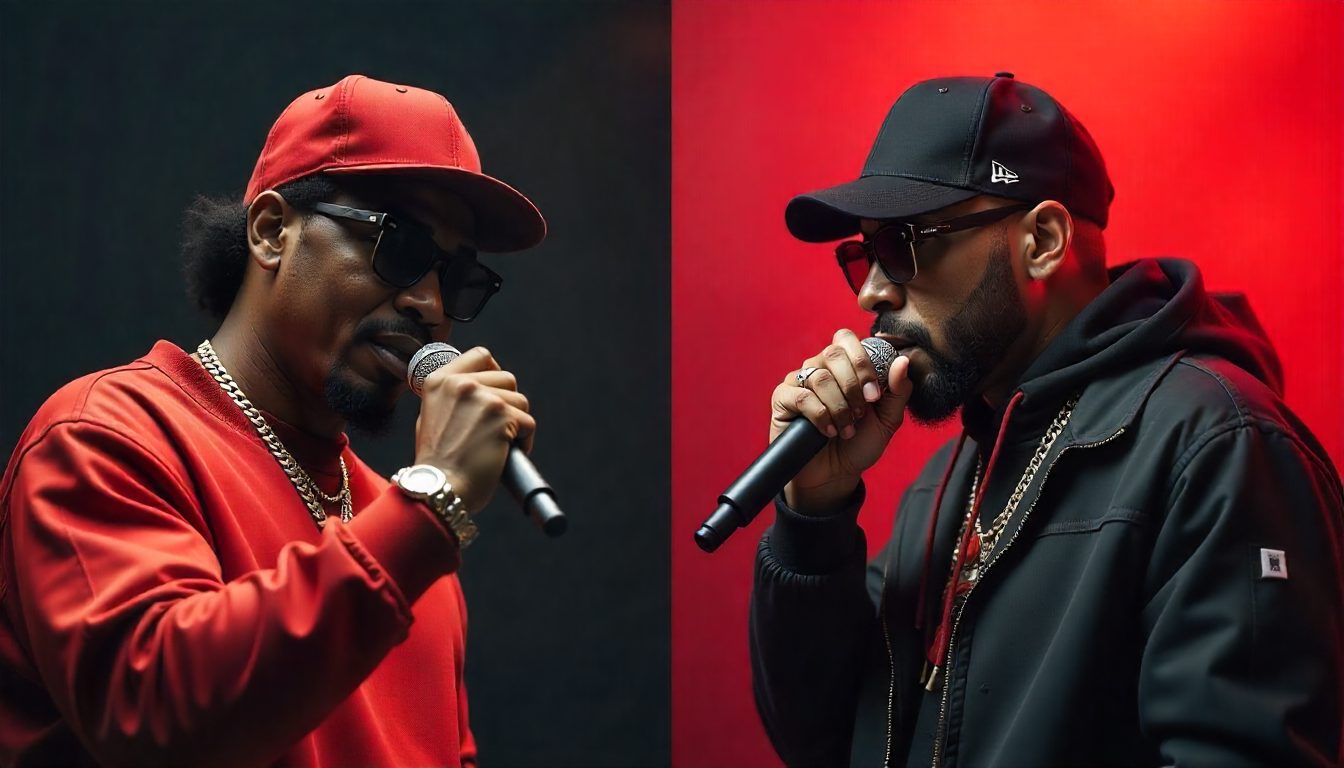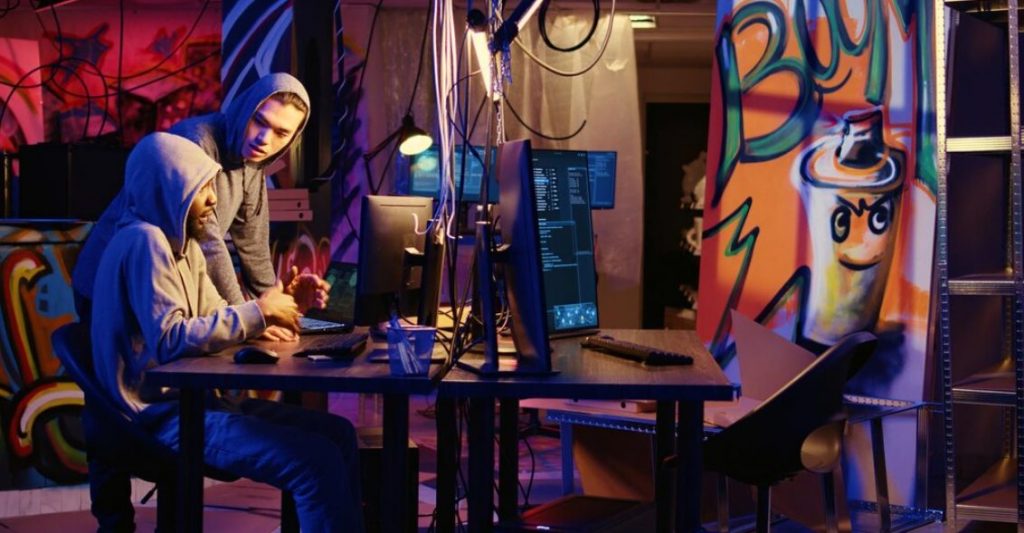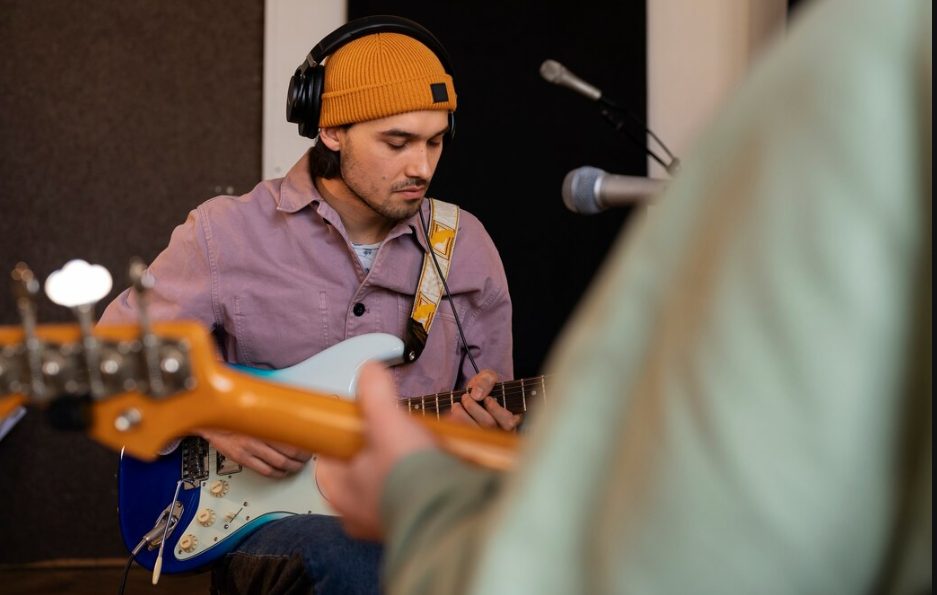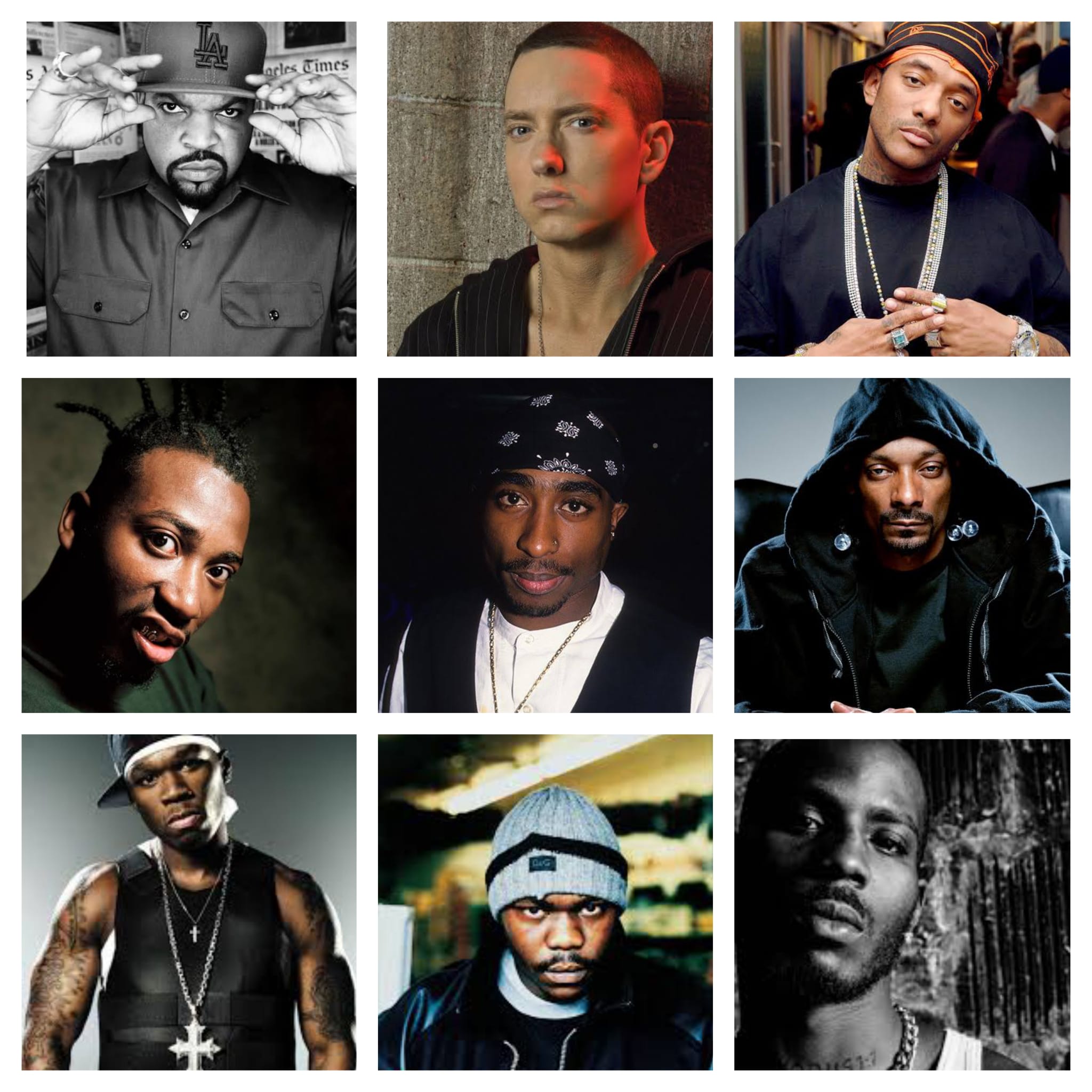
Exploring Hip Hop: Old School vs New School
Hip-hop has undergone significant changes throughout its existence, evolving through various eras and styles. Concerning old school vs. new school rap, there lie ideas about how this music has evolved. A blend of traditional lyricism with modern production techniques have evolved over the decades. So, an era stands for cultural perspectives, community issues, and changing tastes of the audience.
At the same time, the branding ideas of a rap artist pay attention to the creativity of the artist mixed with business strategies. Those that express identity, reach audiences, and keep careers alive for a long period of time. In sync with that, hip-hop picked up the art and business around merch and social media.
Why Understanding Rap Eras Matters
In this discussion about differences between old school and new school rap, we should allow fans and aspiring artists to acknowledge the evolution that has overtaken hip-hop culture. Different generations evolve in time to carry sociopolitical contexts, stylistic attributes, and approaches to storytelling, giving clues to the specifics with which the change has occurred.
How Old School vs New School Rap Shapes the Genre
A comparison between old-school and new-school rap will provide insight into the evolution of hip-hop. Both eras, with their lyrical styles, production techniques, and scope of culture, serve as a reflective surface for the social background of their times.
- Lyrical style: Old school artists were able to tell stories and engage in complex rhyme schemes, whereas the new school experimented with experimentation in melodies and contemporary beats.
- Production: Early rap style was the style of sampling and production that used actual live instrumentation, whereas producers today prefer digital modes, along with autotune.
- Cultural Influence: Each era represents its time, social issues, trends, and all cultural influences.
- Features: A new school artist is often given a cross-genre collaboration, while the old-school pioneers stuck to local collaborative networks.
Understanding these differences enables followers and emerging musicians to appreciate the dynamic nature of hip-hop while preserving its cultural roots.
Rap Artists’ Branding Ideas That Stand Out
Branding has become paramount in today’s world. Rap artists’ branding ideas effectively showcase a permanent presence and a connection with the audience, being established:
- Merchandise breathes the tangible identity into the brand through clothes, accessories, and limited-edition items.
- Social Media Strategy should be engaging content and story-sharing techniques for sites like Instagram or TikTok to gain a broader reach.
- Collaborations: Such sturdy partnerships grant greater visibility to the local artist and widen the field of audience engagement.
- Personal Story: Authentic storytelling about one’s life experiences and thoughts helps reinforce fans’ loyalties toward the artists.
These strategies make it clear that music alone will not suffice; branding and marketing are essential for long-range, sustainable success in the industry.
Teaching Music Through Hip Hop
Another avenue hip-hop is getting into now is education. Teaching music through hip hop gives students an opportunity to work with rhythm, melody, and songwriting. School and community center programs can foster creativity, collaboration, and awareness of culture, thereby making music education more attractive.
They analyze the lyrics, write their own songs, or perform in groups to build their skills and grow their confidence. The adoption of hip-hop in education enhances social and cultural awareness that offers a lubricant between conventional academia and the children’s real-world experience.
The Lasting Impact of Hip Hop in Education
In keeping with the programs that teach music through hip hop, it becomes clear that hip hop stretches beyond just entertainment in the learning process and personality development. Initiatives like IS HIP HOP DEAD continue to foster creativity, self-expression, and cultural appreciation amongst students and would-be artists.




